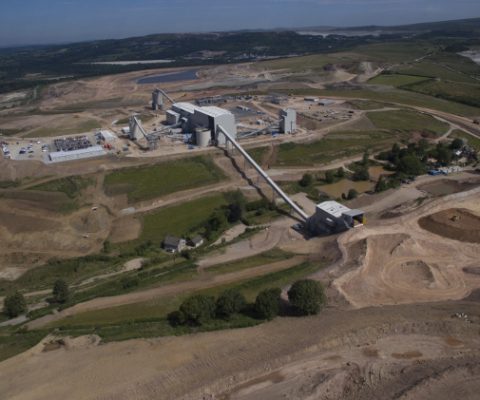ACOUSTIC CONSULTANCY – THE IMPORTANCE OF NOISE CONTROL
At AF Acoustics, we provide a wide array of acoustic consultancy services. We take a professional approach to sound and conduct services such as noise and sound proofing consultancy.
In addition to this, we offer building air tests as well as sound insulation testing and other acoustic assessments. In this short article, we will cover noise control and explain why it is important within the construction industry.
WHAT IS NOISE CONTROL?
Noise control, by definition, is a set of strategies enforced with the aim to reduce the impact of sound and noise pollution. There are many ways in which noise control can be conducted. The methods used solely depend on the building environment itself.
For example, a print company may require soundproofing in order to reduce the leakage of sound outside of normal working hours. Another example could be a restaurant environment with a loud extractor fan. This restaurant may require a newer fan replacement in order to reduce noise pollution or an acoustic enclosure specified. All environments must be appropriately assessed to compile a suitable noise reduction strategy with AF Acoustics sound insulation testing.
NIOSH
NIOSH, who are the American National Institute for Occupational Safety, suggest a hierarchical approach to noise control. This hierarchy is essentially broken in five tiers. The highest tier being the most effective and the lowest being the least effective.
In order of the least effective to the most effective, the five tiers are – PPE, Administrative Controls, Engineering Controls, Substitution and Elimination
Elimination
This refers to the complete removal of the sound hazard. This is the most effective form of noise control whenever applicable.
Substitution
Substitution of sound is the second most effective method of noise control. This strategy consists of identifying noisy components and later replacing them with a quieter alternatives. For example, a loud generator may be replaced with a newer quieter model in order to reduce noise pollution.
Engineering Controls
This is the third most effective tier and consists of making changes to machinery, equipment or processes. For example, existing equipment can be modified to include noise absorbing material to help reduce the impact of sound.
Administrative Controls
Administrative controls are the second least effective method of reducing the impact of sound. This strategy consists of administrational changes such as reducing the length of time that workers are exposed to sound. It can also mean signposting to notify nearby people that an area may be exposed to loud sounds during set times. This allows them to remove themselves from the location or equip themselves with PPE for added protection.
PPE
The use of PPE, otherwise known as personal protective equipment, is the least effective method of noise control according to NIOSH. This strategy involves equipping workers or people nearby with sound protective equipment, such as ear plugs or ear defenders.
WHY IS NOISE CONTROL IMPORTANT?
Noise control is extremely important as exposure to constant sound or loud noises can have negative effects on our health. Damage to the ears can occur when we are exposed to ongoing loud noises. Hearing loss can be prevented with noise control methods.

Noise induced hearing loss can result in expensive compensation claims and an increase in insurance costs. In addition to that, noise pollution can cause stress, fatigue and also disrupt learning as well as communication.
In an environment such as a restaurant, noise pollution can be extremely unpleasant for customers. This can deter customers from wanting to return and therefore can affect profits.
Contact AF Acoustics About Noise Control
Noise pollution can be very devastating to both business and our health. This is why we stress the importance of effective noise control. In the construction industry, standards must be met to reduce noise pollution through structural sound insulation and/or other noise control methods.
If you are looking for effective noise control, get in contact with us today to discover how we can help.
Featured Case Studies
Get In Touch




